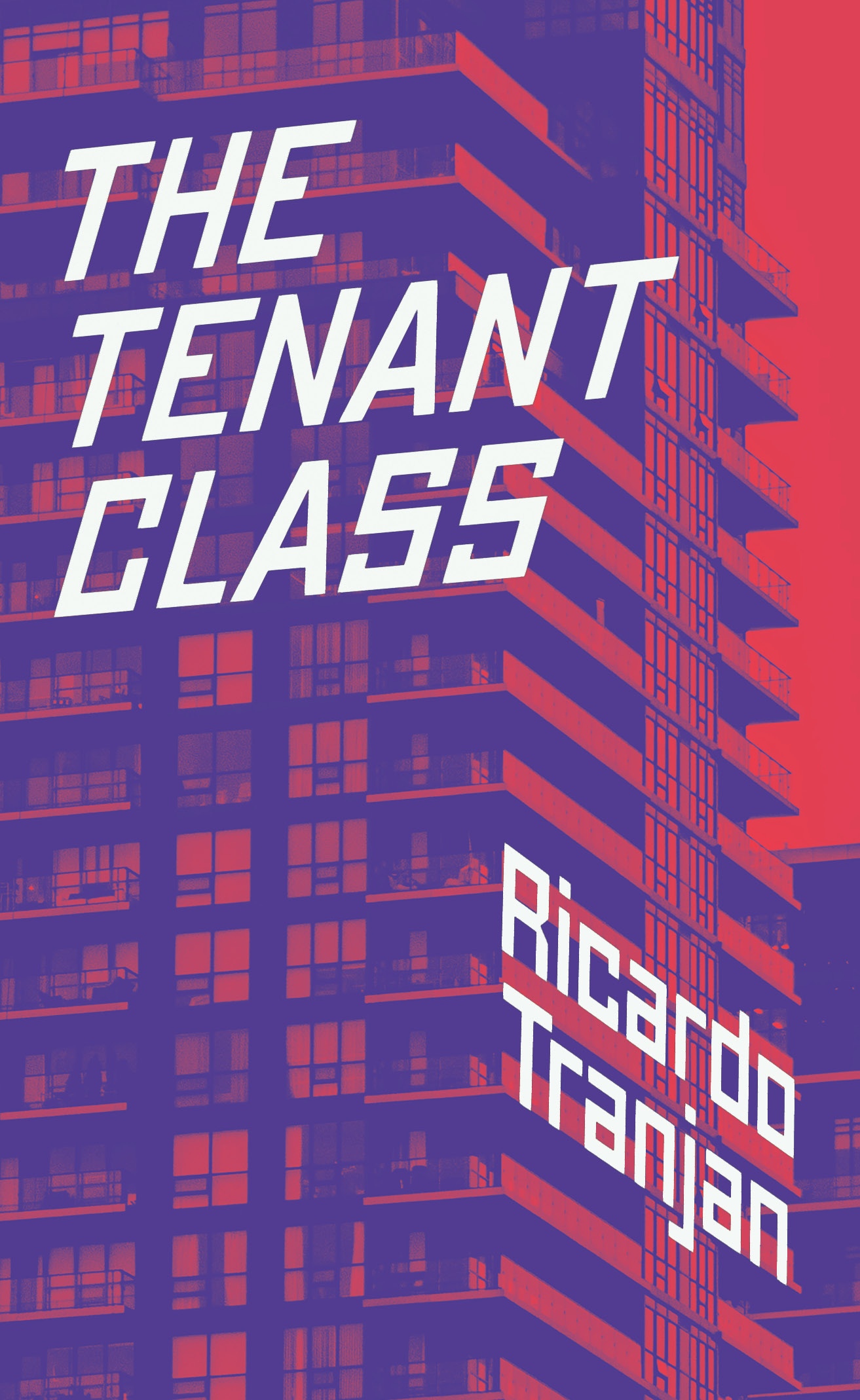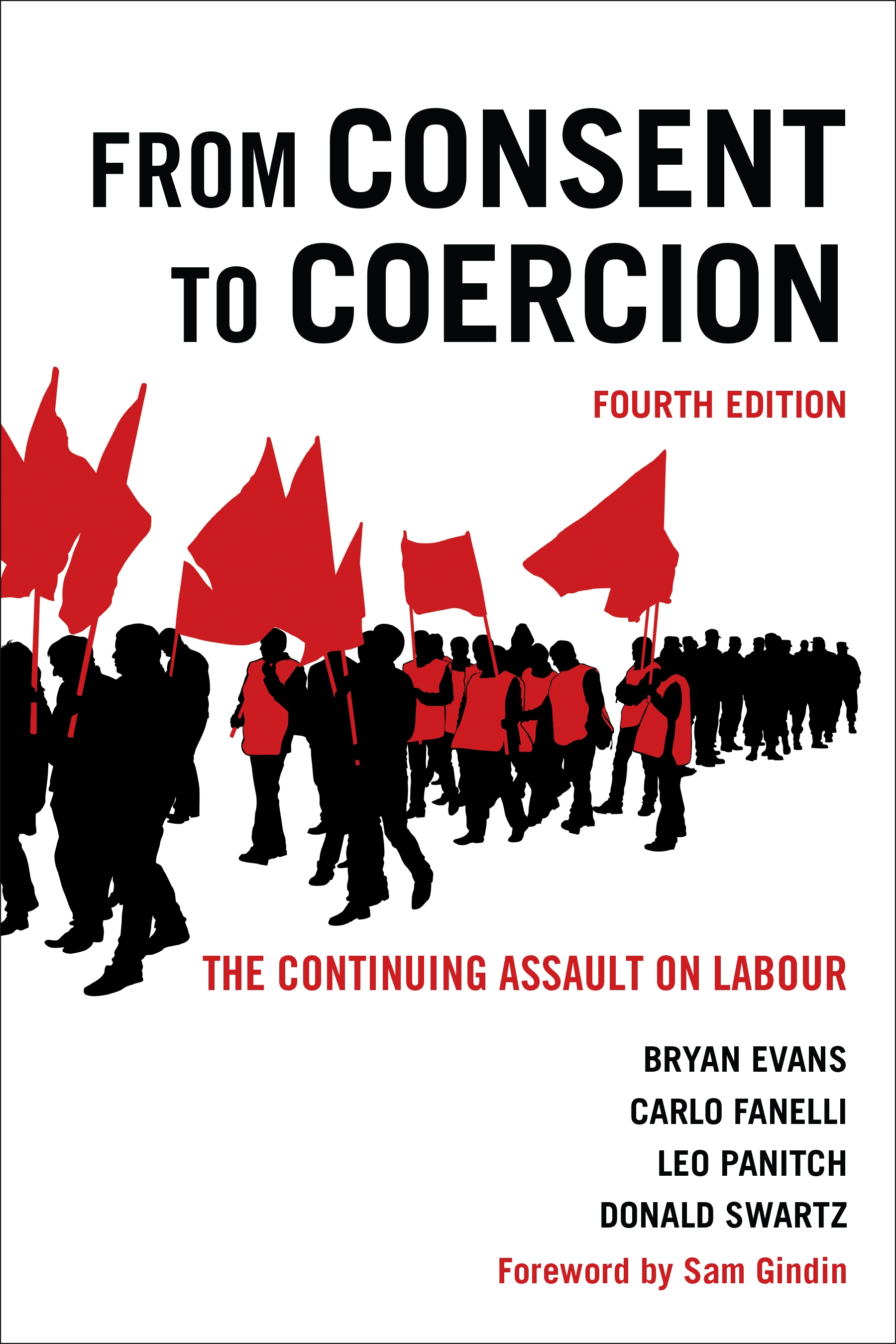Ricardo Tranjan, CCPA Ontario senior researcher: I got my hands on a review copy of Andrew Crosby’s new book, Resisting Eviction: Domicide and the Financialization of Rental Housing. There is a dearth of accounts of tenant struggles in Canada, so I’m very excited about this. Stay tuned for a review in the next issue!
Katherine Scott, CCPA National senior researcher: Published last year, Debra Thompson’s, The Long Road Home: On Blackness and Belonging, is a personal story that blends family history and memoir to examine the experiences of racism as well as Black cultural identity and activism in both Canada and the United States. Dr. Thompson is one of Canada’s leading scholars on the comparative politics of race. I have also been meaning to read Refracted Economics: Diamond Mining and Social Reproduction in the North, by Rebecca Jane Hall. Hall employs a decolonizing and feminist approach to political economy, analysing the diffuse and intersectional impacts of diamond mining in Yellowknife, centring the experiences of Indigenous women and their labours. This type of work is pushing political economy in new directions.
Christine Saulnier, director, CCPA Nova Scotia: Frequently Asked White Questions, by Ajay Parasram and Alex Khasnabish (Fernwood, 2022). This book is described as an important resource and guide for white individuals learning about racial privilege, and understanding how race structures the day-to-day. As a white settler, I am looking forward to learning more about building solidarity.
Jon Milton, CCPA National Office senior communications officer: This summer, I’m really looking forward to reading The End of This World: Climate Justice in so-called Canada (Between the Lines, 2023) by a collection of authors drawn from social movements across the country. I am always excited to see movements attempt to build bridges with one another, and this book contributes to building that framework. I’m also looking forward to reading We Go Where They Go: The Story of Anti-Racist Action (University of Regina Press), which tracks the understudied history of combative anti-racist and anti-fascist movements in North America. Lastly, I’m looking forward to reading Il fallait se defendre: l’Histoire du premier gang de rue Haïtien à Montréal, a history of the Bélanger gang, the first “Haitian street gang” in Montreal, which emerged as a way for Haitian youth to defend themselves against racist violence only to face criminalization by the Montreal police.
Katherine Scott, CCPA National Office senior researcher: Quinn Slobodian’s new book Crack-Up Capitalism: Market Radicals and the Dream of a World Without Democracy (2023) is on my summer reading list. Slobadian examines the ongoing fragmentation of the world into zones that protect the rich and powerful from the rest of us, where private agreements replace public law. A new feudalism is the goal; Duty-free districts, city-states, gated communities, tax havens, cryptocurrencies, and special economic zones are the tools. Slobodian writes, “The world of nations is riddled with zones—and they define the politics of the present in ways we are only starting to understand.”
Hadrian Mertins-Kirkwood, CCPA National Office senior researcher: I love dystopian climate fiction as much as the next brooding environmentalist, but those stories, as gripping as they may be, rarely show us how to stop the apocalypse before it happens. That's why I'm so excited to read The Ministry for the Future (Orbit, 2020), the latest novel from sci-fi luminary Kim Stanley Robinson. Set in the near future, it tells the story of a world that comes together to actually do something about the climate crisis. It may or may not have a happy ending, but I'd like to see more fiction writers take this approach to tackling big issues.

Trish Hennessy, CCPA National Office senior strategist, Monitor editor: My summer reading pile is one of the best things about summer! This year, I’ll be reading The Big Con: How the consulting industry weakens our businesses, infantilizes our governments, and warps our economies by Mariana Mazzucato and Rosie Collington (Penguin Press, 2023). Mazzucato is leading the international conversation about how governments need to embrace public leadership. This latest book documents how governments have become dependent on consultancy firms, why that’s the wrong way to go, and how to move forward for the public good. I’ll also tuck into CCPA Ontario Political Economist and Senior Researcher Ricardo Tranjan’s The Tenant Class (Between the Lines, 2023). Ricardo is a brilliant thought leader who is challenging conventional narratives around housing. As Sahar Raza wrote in the May/June 2023 Monitor review of The Tenant Class, “Tranjan places our contemporary ‘housing crisis’ within a century-long history of class-based struggles—struggles that are ongoing.”
Sheila Block Senior Economist CCPA Ontario: My summer reading list includes two Canadian novels set in the 1920s. The Sleeping Car Porter by Suzette Mayr (Coach House 2022) won the Giller Prize and tells the story of a Black, gay sleeping car porter. I am looking forward to reading a novel that explores this aspect of Canadian labour history. The second is Christine Higdon’s Gin, Turpentine, Pennyroyal, Rue (ECW Press, 2023), immersed in the complex political and social realities of the 1920s and, not so ironically, of the 2020s: love, sex, desire, police corruption, abortion, addiction, queer lives, class inequality, and women wanting more. Much more.
We also recommend these books:
The Continuing Assault on Labour, Fourth Edition
By Bryan Evans, Carlo Fanelli, Leo Panitch and Donald Swartz
March 2023

From Consent to Coercion examines the increasing assault against trade union rights and freedoms in Canada by federal and provincial governments. Centring the struggles of Canadian unionized workers, this book explores the diminution of the welfare state and the impacts that this erosion has had on broader working-class rights and standards of living.
The fourth edition witnesses the passing of an era of free collective bargaining in Canada—an era in which the state and capital relied on obtaining the consent of workers and unions to act as subordinates in Canada’s capitalist democracy. It looks at how the last 20 years have marked a return to a more open reliance of the state and capital on coercion—on force and on fear—to secure that subordination.
This important edition calls attention to the urgent task of rebuilding and renewing socialist politics—of thinking ambitiously and meeting new challenges with unique solutions to the left of social democracy.
Displacement City: Fighting for Health and Homes in a Pandemic
Greg Cook and Cathy Crowe
University of Toronto Press
November 2022
In Displacement City, outreach worker Greg Cook and street nurse Cathy Crowe present the stories of frontline workers, advocates, and people living without homes during the pandemic. The book uses prose, poetry, and photography to document lived experiences of homelessness, responses to the housing crisis, efforts to fight back for homes, and possible solutions to move Toronto forward. Contributors provide particular insight into policies affecting Indigenous Peoples and how the legacy of colonialism and displacement reached a critical point during the pandemic. Offering rich stories of care, mutual aid, and solidarity, Displacement City provides a vivid account of a humanitarian disaster.
Anger and Angst—Jason Kenney’s Legacy and Alberta’s Right
Trevor W. Harrson and Ricardo Acuna, eds.
Black Rose Books
May 2023
Anger and Angst: Jason Kenney’s Legacy and Alberta’s Right examines the chaos of the UCP Alberta government and asks why it happened. Answering these questions, this book leaves the reader with a better understanding of politics, ideology, and the New Right.
Anger and Angst has its origins in the aftermath of the 2019 election. In February 2020, a group of academics and other political observers gathered in Edmonton for a free-wheeling discussion of Alberta’s unfolding political scene. Though no one could predict the twists and turns that followed, it was clear to everyone assembled that Alberta was entering a critical, if uncertain, period of political turmoil. Combining 22 essays on politics, the economy and environment, education, housing, child care, and right-wing populism, this book critically examines the extraordinary years of the UCP’s time in office, 2019-23, a period arguably the most chaotic in Alberta’s political history.
At this book’s heart lies an account of how the UCP has governed; the ideas, personalities, and social forces that have driven its agenda. The editors argue that an entrenched elite, based largely in the oil and gas sector, is increasingly fearful of losing its power; fearful, more broadly, of the province that Alberta is struggling to become. In an effort to maintain its power, this elite has constructed an elaborate mythology based on a culture of grievance and victimhood. Given the current national discourse around energy transition and provincial autonomy—and the rise of the populist right across Canada—Anger and Angst will provide valuable insights and information to people both inside and outside of Alberta.







